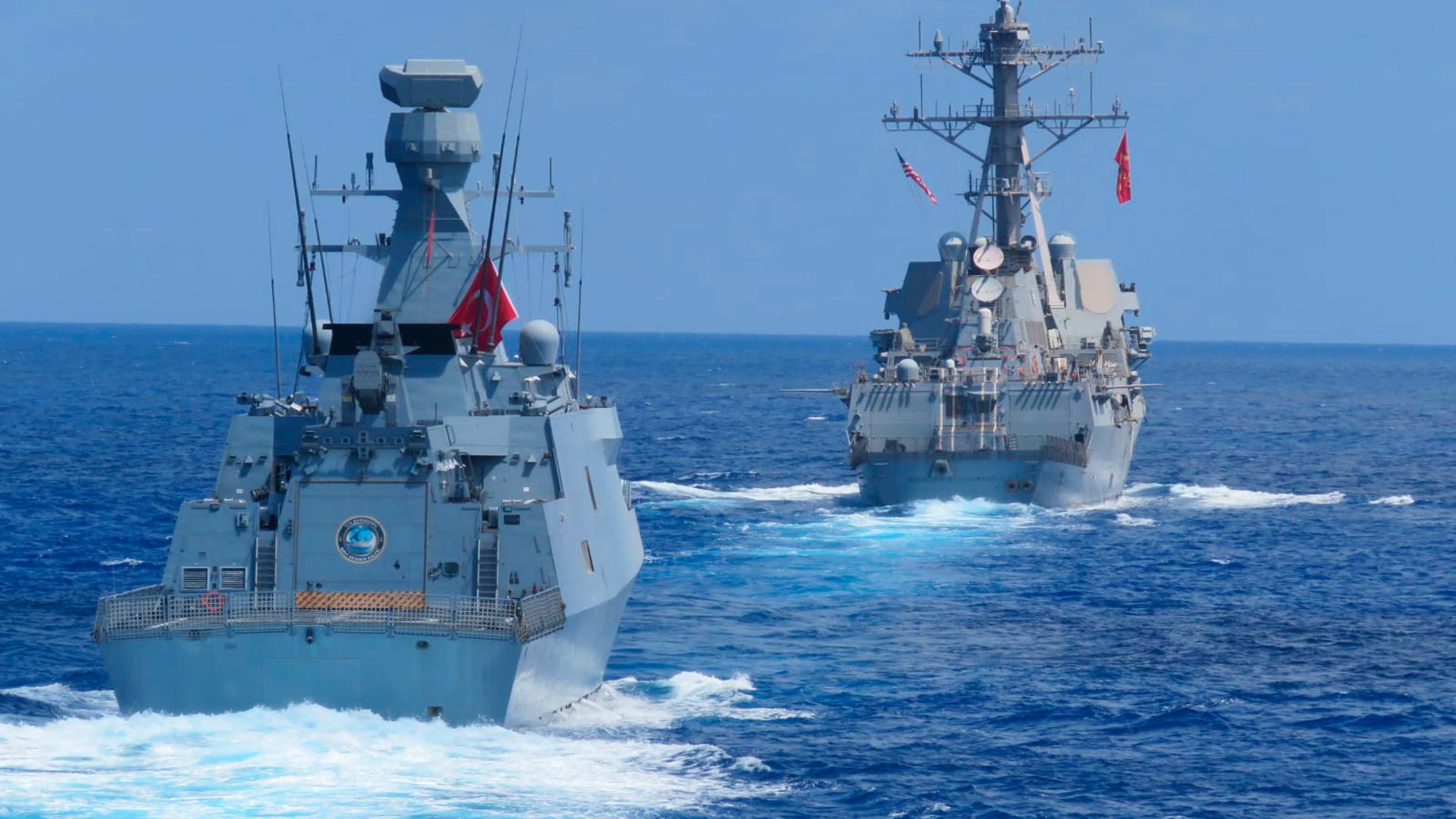The European Union and its allies need to play a more constructive role in the eastern Mediterranean row between Greece and Turkey.
Brussels could play an essential role as a fair mediator in ensuring cooperation between Turkey, Turkish Cypriots, Greece, and Greek Cypriots in the eastern Mediterranean. Whatever its motives, European Union policies in the eastern Mediterranean towards Turkey have not been productive.
Moreover, instead of offering a multinational blueprint for reaching a political settlement that could be accepted by all stakeholders, the reactions of some EU leaders have only heightened tensions in the region.
Within this context, EU meetings at the European Council next week will be held in Brussels. In one of the special sessions, EU leaders will discuss the east Med issue and Turkey’s position in the region; however, this particular meeting is expected to end with a list of unfair restrictive measures planned against Ankara.
Such a conclusion would be based on the unfeasible geopolitical unilateralism of French President Emmanuel Macron, rather than on regional facts.
This would be a textbook example of how not to act in a fragile contested region and it will serve nothing besides a deepened internationalised conflict in the eastern Mediterranean.
During the Med7 summit hosted by President Macron on September 10 – where seven European nations met on the island of Corsica, sidelining Turkey and Turkish Cypriots – the statement released by Macron threatened Ankara with sanctions over its energy aspirations in its southeastern shores.
Ankara views such statements provocative, and Turkey’s foreign ministry stated that these statements were “disconnected from reality,” “biased,” and lacked legal basis.
EU leaders should understand that the actors increasing tensions in the region were Greece, the Greek Cypriot administration and Macron’s administration. They employed a strategy to monopolise the eastern Mediterranean’s energy wealth while isolating major legitimate stakeholders like Turkey and the Turkish Republic of Northern Cyprus.
That strategy has involved several controversial deals like the unfeasible “East-Med pipeline” adventure and the unilateralist Greece-Egypt maritime agreement.
However, recently, the French president seems to have changed his bellicose approach to Turkey. The latest telephone conversation last Tuesday between President Macron and Turkey’s President Erdogan can be the beginning of a reconciliation between Turkey and France.
Furthermore, as Turkey has already expressed its willingness to engage in dialogue with all parties without preconditions with the aim of finding a political solution to the row, Athens also seemed to to accept the olive branch and agreed to take part in talks with Turkey in Istanbul.
These developments show that finding a long-term resolution is not still a distant prospect.
To keep this momentum, the EU and the United Nations, which has yet to take any responsibility, should lead the Greeks to internalise that only developing genuine diplomacy and dialogue between the Greek and Turkish sides is essential for fostering peace and stability in the eastern Mediterranean.
As an analysis from the Middle East Institute explains, “Despite this grim picture, the parties have made some constructive proposals. For instance, Turkey proposed joint management of resources and declared that it is open to dialogue with all regional states. Despite their history of conflicts, Turkey and Greece have considerable experience managing their relations and, in many periods, have cooperated effectively as NATO allies.”
If the two neighbours Athens and Ankara, as NATO allies, manage to establish a regional partnership, it would greatly enhance the commercial energy potential in the Levant Basin.
Such projected regional dynamics have the potential to boost the region’s chances for prosperity and development.
It would be wise for international actors to abandon their biased and maximalist policies in such a vital region and encourage all stakeholders to keep their doors open for an all-inclusive negotiated settlement.
EU leaders should reconsider their policies and actively pave the way for multilateral cooperation and take on a more constructive role in the region.
Author: Enes Yavuz
Enes Yavuz is an Associate Researcher at TRT World Research Center.
Source










Discussion about this post